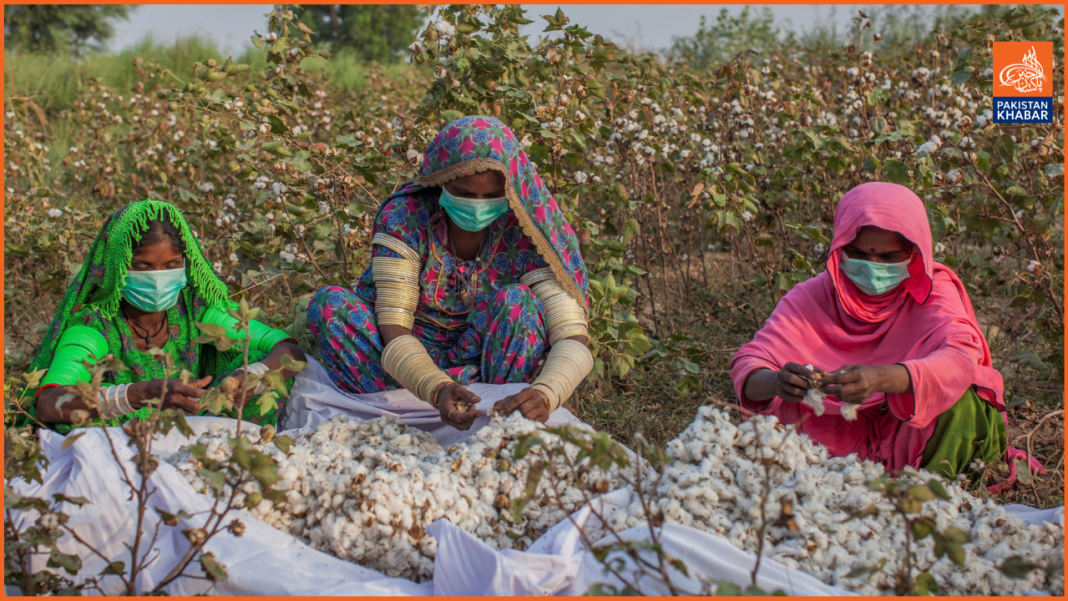Worries about Pakistan’s preferential trade deal with the EU have intensified, casting a shadow over the country’s cotton industry, which is already struggling to cope with falling production levels. The EU intends to reassess Pakistan’s GSP+ status in mid-2025, despite the fact that the deal was originally intended to continue until 2027. Pakistan can export goods to the EU at reduced tariffs thanks to this preferential status, but in order to keep it, the country must follow 27 international conventions.
According to Cotton Ginners Forum Chairman Ehsanul Haq, cotton output has been severely affected by bad policies, resulting in only half of the planned yield this year. The textile mills are discouraged from purchasing domestic products due to the high sales tax on locally produced cotton and cotton yarn, which is a key issue. Mills choose to buy tax-free imported cotton instead, which has led to a 31% increase in unsold cotton stocks compared to the previous year.
A bleak picture emerges from the production data. Production of 5.51 million bales of cotton in Pakistan fell 34% from the previous year as of January 31, 2025. In spite of the scarcity, textile mills cut back on local purchases, leaving ginners with a lot of unsold inventory. Due to the imbalance, Pakistan is spending billions of dollars in foreign currency importing 30-35 million bales. Contracts are already in place for this amount.
Due to this trend, a number of ginning plants have gone bankrupt and a number of spinning mills have stopped operations. Haq demanded that Prime Minister Shehbaz Sharif and the administration charge imported cotton and yarn to make the country more competitive. This action could alleviate financial pressures on the economy, stabilise prices, and help local farmers.
Cotton sector and Pakistan’s standing in international trade are in jeopardy due to the present situation. The cotton sector and vital trade benefits with the EU are in jeopardy unless policymakers act quickly to reverse the trend of declining production of the crop next season.




